- How can I play music in my members club?
Whether it’s playing background music, DJ sessions or even karaoke, you can play music in your club in a number of ways:
- Radio & TV
- Streaming services – this may require a commercial streaming service. Before using platforms such as Spotify, Apple Music, Youtube etc, please check that their terms and conditions allow for commercial use before playing music in your office and workplace
- CDs, MP3s & other recordings
- Live Music
- The music is only for employees in my workplace, do I still need TheMusicLicence?
Even if you are only playing music in your office, warehouse, factories & other workplaces for employees, you’ll usually need TheMusicLicence.
Music that's played outside of a domestic environment is classed as a public performance, even if the music can only be heard by employees in the staff areas in your business.
TheMusicLicence gives you permission to play music in your business or organisation for your employees.
- What does playing music ‘in public’ mean?
Under the Copyright, Designs and Patents Act 1988, permission is needed from the relevant copyright holders – those who create, record and publish music – in order to play or perform music in public.
Broadly speaking, this includes any presentation of music outside of a domestic setting. For example, it will include using music in the following ways as part of your business or organisation (for the benefit of customers and/or employees): playing recorded music via any device including the radio, TV broadcasts such as sports or other audio-visual content containing music; or putting on live performances of music.
There are a range of tariffs to cover the different uses of music across various venue types. However, the use of this music will require permission from the copyright holders and TheMusicLicence will give you that permission, covering the vast majority of commercially released music.
- Who are PPL PRS?
PPL PRS Ltd was created to provide customers with a streamlined music licensing service – TheMusicLicence – with a single point of contact to make it easier to legally play and perform music in public. PPL PRS Ltd is equally owned by PPL and PRS for Music.
PPL PRS Ltd started trading in 2018. Prior to 2018, businesses and organisations would have had to purchase two separate licences from PPL and PRS for Music instead.
- I have music on my telephone on hold system, do I need TheMusicLicence?
If you are using commercially released music on your telephone system in your office or workplace, then you’ll usually need TheMusicLicence.
The music on your telephone system is being played for your customers and is classed as public performance. In some cases, PPL and PRS for Music have agreements in place with telephone on hold music suppliers who provide you with TheMusicLicence as part of the service they offer.
- Who is PPL and PRS for Music?
PPL and PRS for Music are both collective management organisations. They issue licences and collect royalties for certain uses of copyright-protected music, on behalf of their many hundreds of thousands of members. They then distribute those royalties to members.
PPL represents record companies and performers for the use of recorded music, while PRS for Music represents songwriters, composers and music publishers for the use of musical compositions and lyrics (for both recorded music and live performances).
PPL and PRS for Music set up PPL PRS Ltd to offer a single joint music licence, on behalf of them both, for playing and performing music in public (see ‘What does playing music ‘in public’ mean?’).
Members Clubs Music Licence
Music in your members clubs
Members clubs can encompass a wide range of establishments, from bars to sports clubs, that operate on a membership basis and can provide their members with an exclusive and unique experiences like private hire and personalised services.
Ultimately, members only clubs, whether they are bars, clubs, or sports clubs, aim to create a sense of belonging, exclusivity, and camaraderie among their members. Each type of club offers exclusive benefits and experiences tailored to the interests of their members, fostering a sense of community and connection in a unique setting.
Home » TheMusicLicence » Sectors » Members Clubs Music Licence | PPL PRS | TheMusicLicence
Bars- Music in members clubs is an essential part of the entertainment experience.
In bar areas, music can help create a lively and dynamic atmosphere whether it’s a live band, a DJ, or simply just background music- it can help set the tone and keep your customers entertained. By adding a musical element to your venue, it has the ability to differentiate your business from competitors and provide a more engaging and enjoyable experience for your members. Different genres of music can cater to the diverse tastes of club members, creating a welcoming and inclusive atmosphere where everyone can find something they enjoy.
Whether it’s through dancing, singing along, or simply discussing favourite songs and artists. Music can spark conversations and connections among club members. This shared experience can foster a sense of community and belonging by creating a more vibrant and lively social scene within the club.

Sports Clubs- Music has the power to motivate
Sports clubs that offer memberships tend to focus on promoting physical activity, team sports, and fitness among their members. These clubs may offer exclusive facilities for various sports, coaching, organised competitions, and social gatherings centered around a shared love for a particular sport or activity. Becoming a member of a sports club can provide people with opportunities to meet like-minded individuals and stay active in a fun and supportive environment.
Having music in sports members clubs has the ability to enhance the overall atmosphere and experience for its participants. Music has the power to motivate, energise, and uplift individuals, which can be particularly beneficial in a sports setting. Upbeat music can help boost morale and create a sense of camaraderie among club members, fostering a positive and engaging environment.
Finally, music can contribute to the social aspect of sports clubs by providing a common ground for members to connect and bond outside the play pitch. It can create a sense of community within the club, and even promote further inclusivity and teamwork.

Ways to use music within your members club
Using background music to enhance the environment is just one way of utilising music. While members clubs have been around for centuries, the dynamic in what they offer has adapted so much so they have become trendy new hot spots that provide modern spaces for their members.
These clubs can offer co-working spaces, gym sessions, restaurant areas, cinemas and even hotel rooms. Many members clubs even host live music and DJ sessions that give them an exclusive clubbing experience. Your background music choices can create that ‘feel good’ mood and encourage patrons to stay and share their experience, influencing others to join.
Live music & entertainment
Hosting live events could help in attracting fans of the music, genre or style of music that is used; particularly if you showcase artists and local talent through live performances. Since TheMusicLicence covers a vast range of music usage including live music performances, festivals, classical concerts, dance performances, theatrical performances, open mic nights, karaoke, comedy shows and film screenings; you can appeal to a wide range of audiences and the entertainment you choose could be tailored to what your patrons will enjoy.
Live music has the power to bring people together and TheMusicLicence covers a vast range of music usage meaning there is the opportunity to appeal to a wide range of audiences.
Music & increased revenue
Playing music could help to:
- • Enhance the atmosphere and encourage your customers to stay for longer which could mean they potentially spend more as a result.
- • Set the spending mood by reflecting a certain season or occasion. Using the right music, you could utilise it to promote and influence consumer behaviour and boost spend as a result.
- • Make customers feel more focused and involved. This could therefore mean they stay for longer because their experience has been more enjoyable and satisfactory.
Music & brand awareness
Like your business, music is unique. A tailored soundtrack could help to give your members club an identity and define your brand and by playing music, it could help you stand out even more. It could be considered just as important as your company name or décor.
Relatable music could complement your brand. Whether your club is upbeat and lively, relaxed and laid back, or even a competitive sports club that wants to motivate members. The music you choose can help you create exactly the right atmosphere and can be important to your individuality as a business.
Music & employee engagement
It’s not just your customers who could benefit from the music that’s played as it could have a considerable benefit to your staff working in your club too.
Music could help to improve productivity by potentially creating a more positive and uplifting environment and it could make staff feel more engaged and potentially more valued.
Listening to music at work could relax and focus the mind, possibly preventing staff feeling overwhelmed and stressed while working in a demanding environment. Music could also help to improve the efficiency and quality of work, as well as help improve the satisfaction and overall engagement of your employees.
Do I need a music licence for my Members Club?
If your members club uses music- whether it be background music via audio devices, TVs, or featured entertainment (such as live music & DJ’s) – you’ll usually need a music licence from PPL PRS. By obtaining TheMusicLicence you’ll be able to play PRS for Music and PPL music legally and enjoy its benefits whilst ensuring that its creators are fairly rewarded for their work.
How is the cost calculated?
The cost of TheMusicLicence depends on a number of factors, including your type of venue and how you use music in your day-to-day operations, whether that be for background purposes or other usages such as music on hold.
Background music
Starts from...Live events
Starts from...A working men’s club could play music via the radio for £334.14 (+VAT) per year*
A non-profit registered members club using music at a live event for up to 100 people could do so for £7.51 per event (+VAT), where the annual expenditure on the provision of music is less than £14,810.*
*All cost examples are subject to change, price correct as of August 2025.
Quote Checklist
Before contacting us, please ensure you’ve read our Quote Checklist for each section that is applicable to you and have the relevant information ready so we can provide an accurate quote for your members club.
Live events
- Number and capacity of live events held per year.
Specially featured entertainment events
- Number, duration and average attendance of specially featured events held per year
Background music
- The areas where music is used, such as bars and staff areas
- The square meterage of each area where music is audible
- Type of devices used to play music, such as radio, CDs, TVs etc.
Jukeboxes
- Number and type of jukeboxes in your venue
Music videos
- Number of TV screens music videos are played on
Members Clubs FAQ's
Get a quote
If you’ve got all your information ready, please contact us or complete our Get TheMusicLicence form to arrange a quote.
Call us on 0116 290 0525
(8am-6pm, Monday-Friday)
Brochure Download
Complete this form to receive our hospitality brochure via email:
Error: Contact form not found.
Related articles

Ensure your venue is correctly licensed ahead of this years Olympics
After 2 billion people tuned in to watch the 2022 Winter Olympics in Beijing, how can you and your venue be a
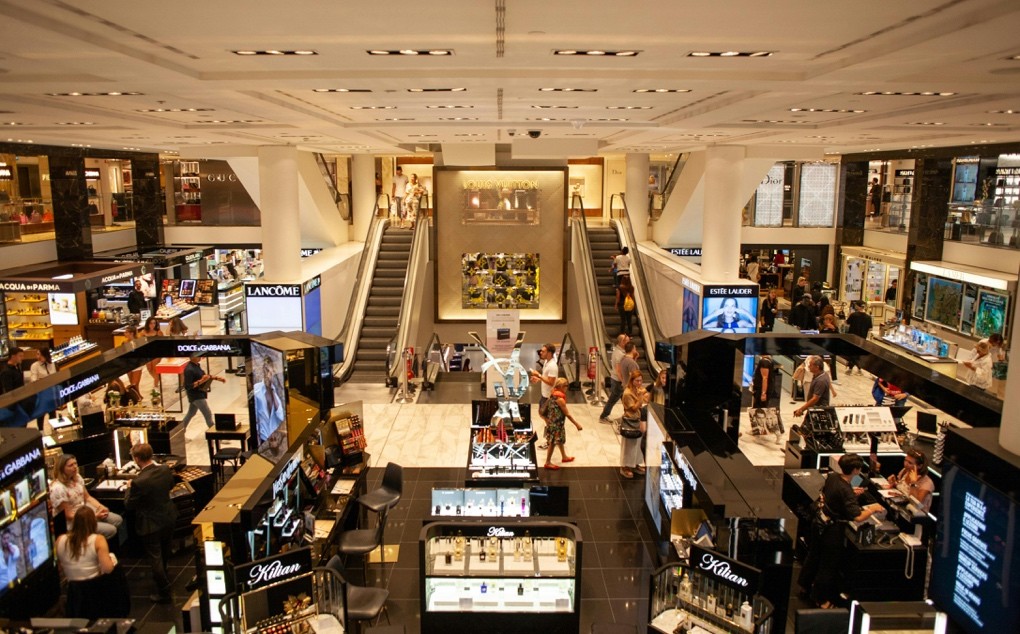
Nearly half of all hospitality workers have experienced poor health as a result of their job
Hospitality businesses may seem like a fun and sociable place to work, however, according to our survey people who work within the
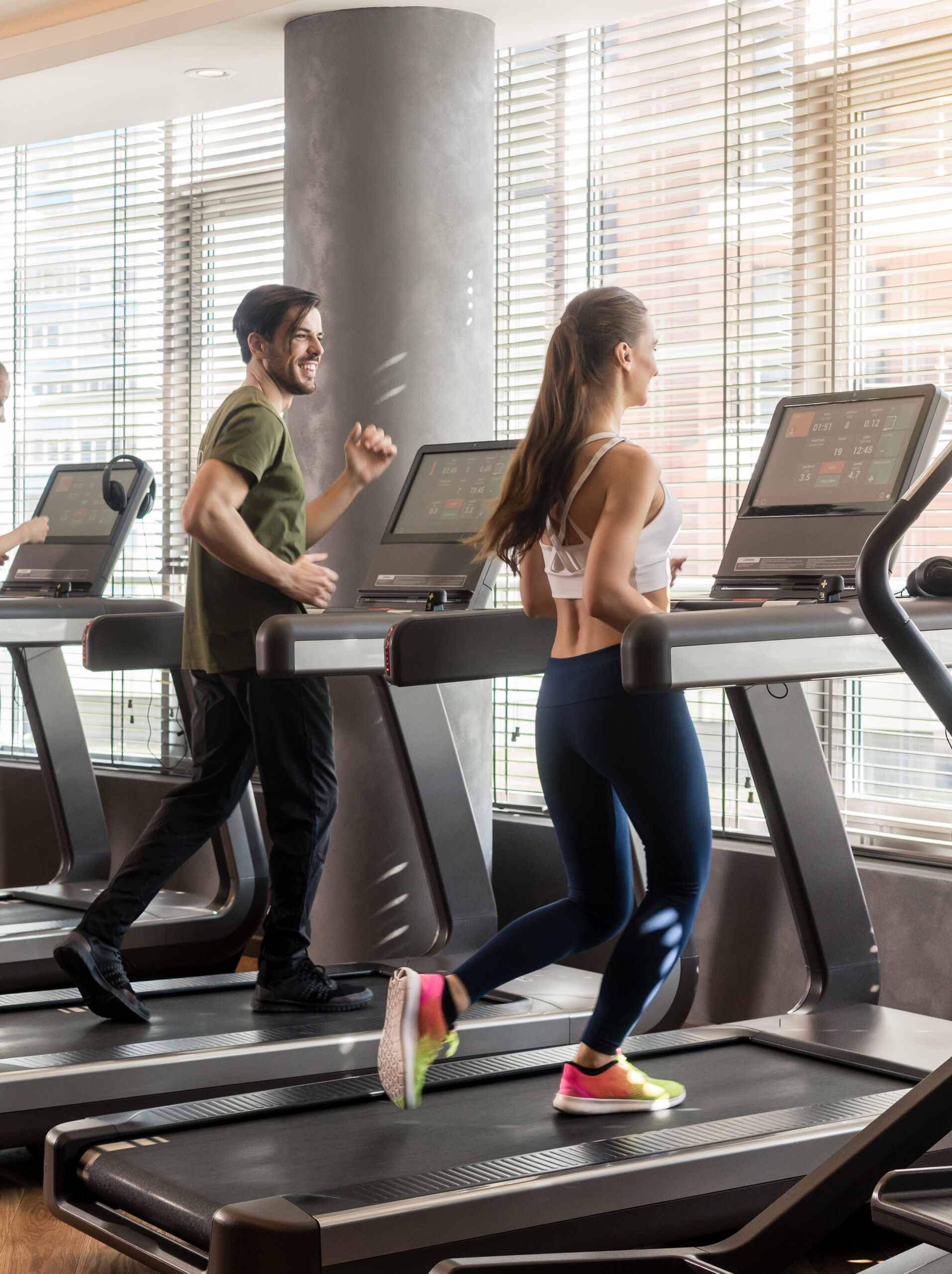
MyActive
MyActive leisure centres are a group of seven leisure centres based across Staffordshire and Derbyshire. MyActive introduced music across its sites in
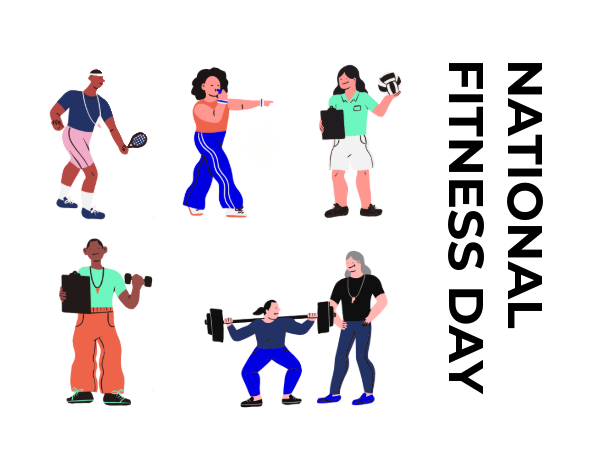
Why is background music important to gyms?
From healthy eating to workout schedules, fitness goals don’t always come easy. But for gym-goers and employees, the experience could be enhanced

How can music help to create a successful bonfire event?
We all know to remember (remember) the 5th of November, but for the majority of Brits, Bonfire Night is about more than
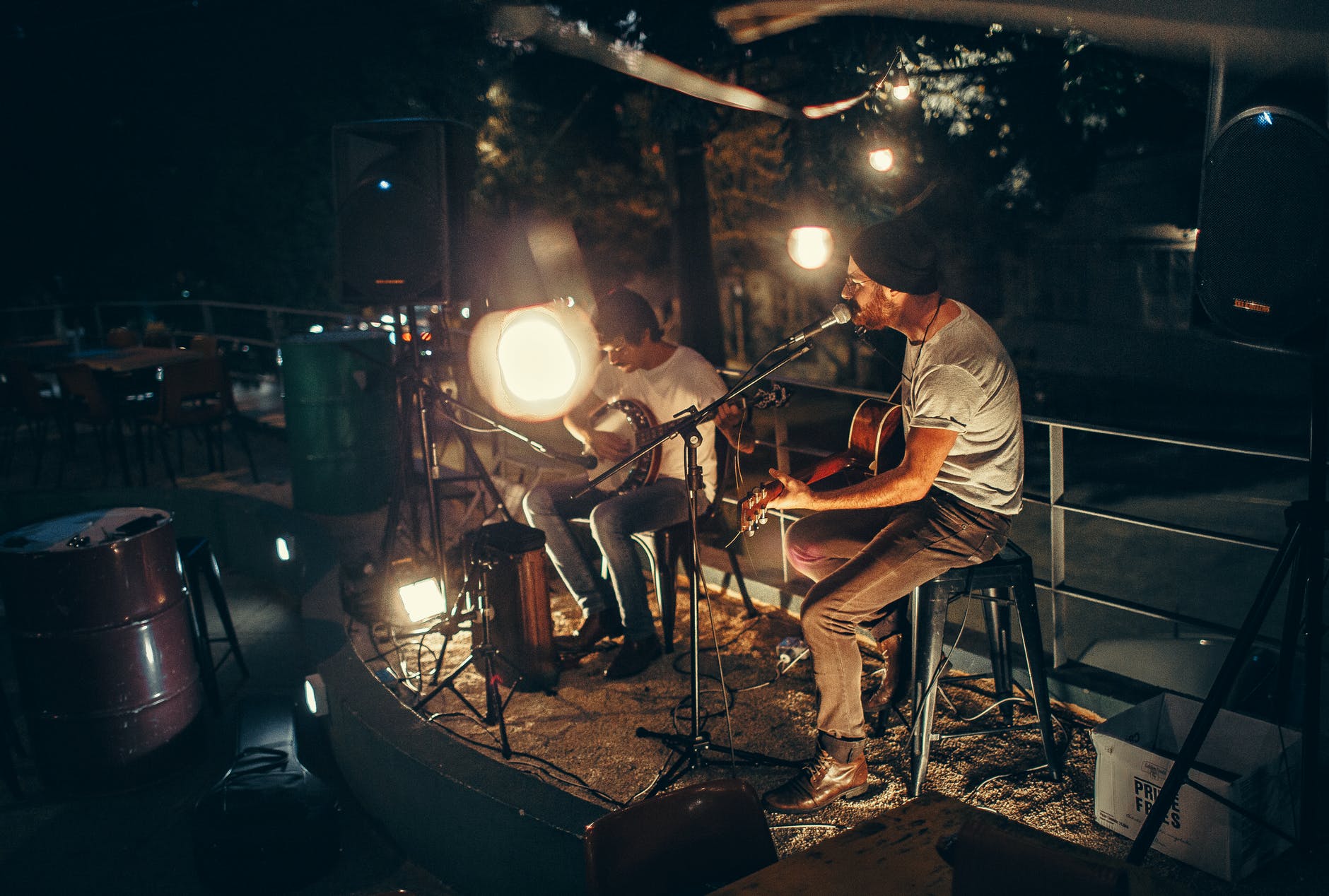
The benefits of live music and the ‘goosebump’ effect
Live music has the power to bring people together, be it in a small club or pub or a huge muddy field,
Thinking about playing music in your shop or store and want to know more?
What is TheMusicLicence?
What is TheMusicLicence
Do I need a music licence?
Do I need a music licence?
Where does my money go?
Where does my money go?
How do I get TheMusicLicence?
Call us on 0116 290 0525
(8am to 6pm Monday to Thursday and 8am to 3pm Friday)
Alternatively you can complete the online form and an adviser will be in touch.

